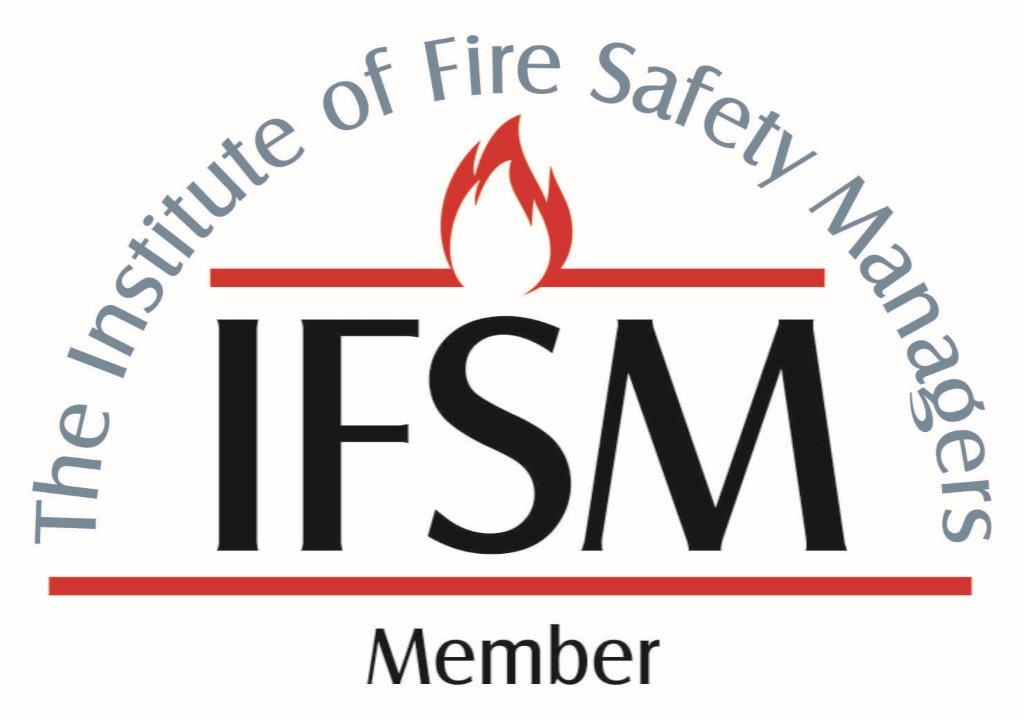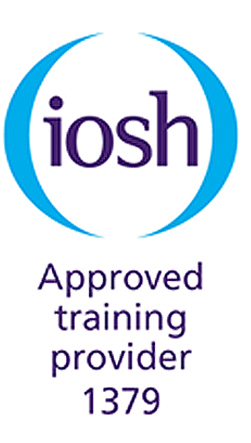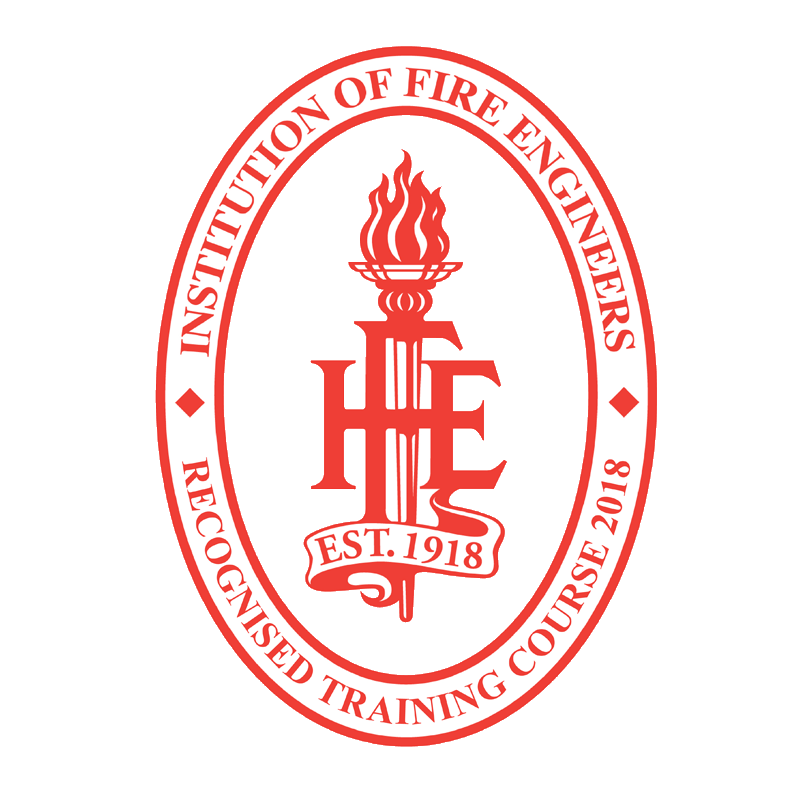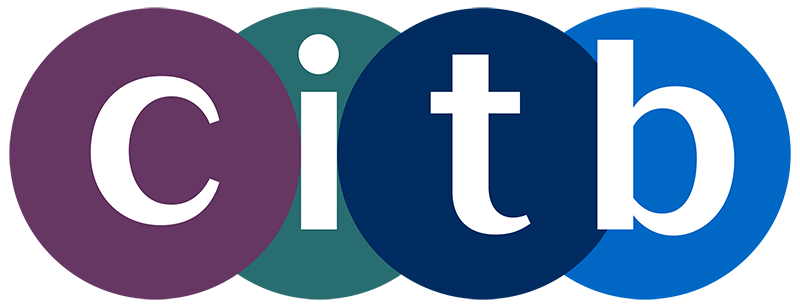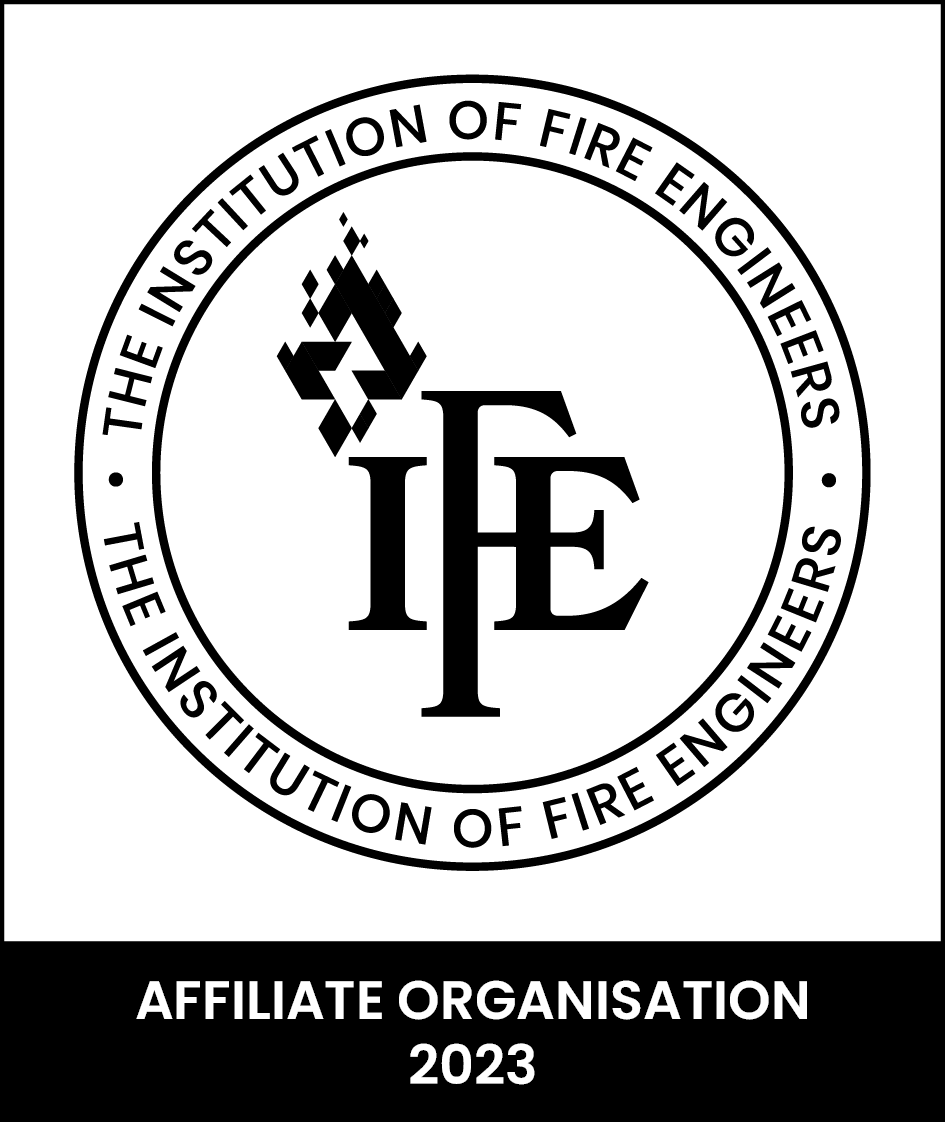Fire regulations for holiday lets
New fire regulations for holiday lets have been introduced – does it apply to me?
The rules under the Fire Safety Order, brought in on October 1st 2023, mean the owners of holiday lets in England and Wales must now comply with regulations for things like fire doors, smoke alarms and emergency lighting. Here at Ardent Safety in Barrow-in-Furness, Cumbria, we are on hand to make sure you stay within the law when it comes to keeping guests at your holiday property safe.
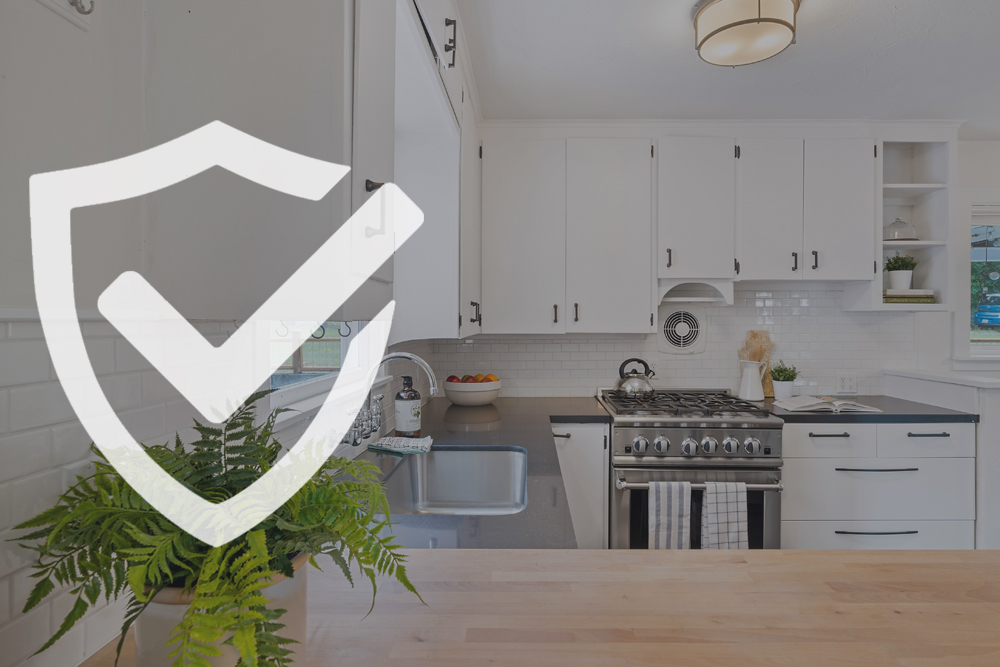
Who needs to comply?
The Fire Safety Order applies if anyone pays to stay in your premises or in a room within your premises, other than to live there permanently. This applies to all lets that are not let as a principal residence.
Key fire safety requirements
Fire Risk Assessment – do I need one?
The Fire Safety Order mandates a thorough fire risk assessment to prevent fires in holiday lets. This assessment identifies potential risks and recommends safety measures to manage them, ensuring that proper safety features are in place. It considers the needs of older adults, young children, and disabled individuals, outlining their escape plans in case of a fire. A fire risk assessment has long been required for holiday lets, but now, even small businesses (with fewer than five employees) must document these assessments. These documents should be readily available, often included in the welcome pack for guests. While small and simple properties might allow for a DIY assessment, larger or more complex properties require a professional evaluation.
Fire doors
All escape routes in holiday lets must be equipped with fire doors capable of withstanding fire for at least 30 minutes. This allows time for people to leave the building via an escape route if other routes are compromised in the event of a fire. For one and two-bedroom apartments, front doors should be self-closing fire doors. Regular checks every six months are recommended to ensure these doors remain in good condition. The guidance of fire risk in holiday lets requires that every door that opens on to a fire escape route, i.e. the landing and hallway/stairwell, must now be a certified fire door or, at least a ‘nominal’ fire door.
Lighting
In the event of a fire, adequate lighting is crucial for safe evacuation. Owners must ensure that there is sufficient ‘borrowed lighting’ from sources such as streetlights. If this is not possible, owners could look at simple solutions like providing rechargeable torches which are kept charged. It is possible that larger properties might need automatic emergency lighting systems installing.
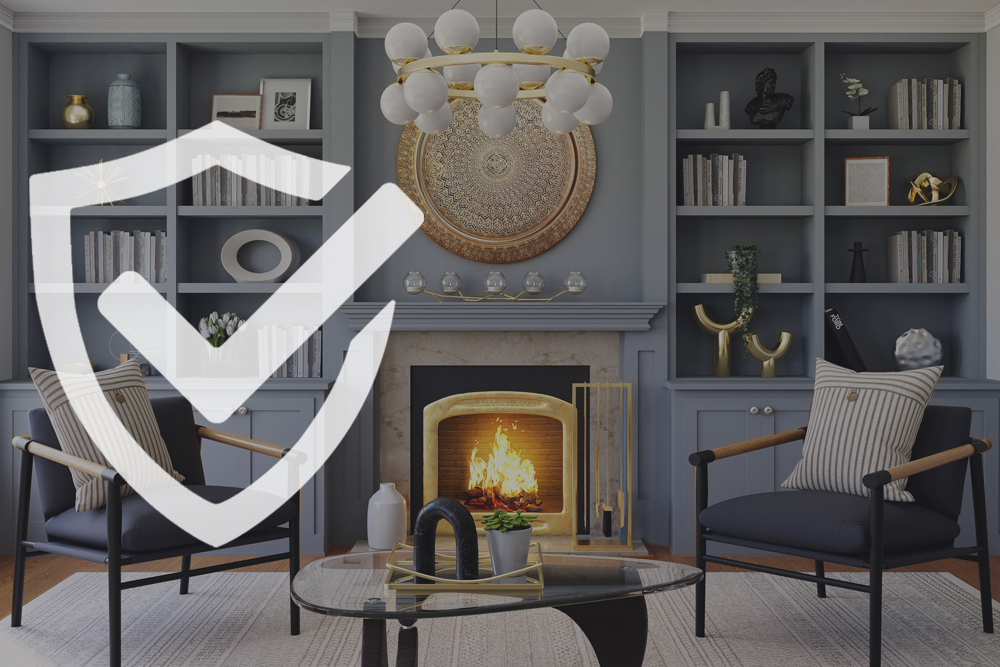
Smoke detectors and fire alarms
The Regulatory Reform (Fire Safety) Order 2005 requires that premises are provided with suitable and sufficient means of detecting fire and giving warnings in the event of a fire. For small buildings, this may be inter-linked mains-powered smoke and heat alarms that both sound in the event of a fire.
The types of systems required will, however, depend on the level of the risk. – LD2 or LD3 –that comprise mains-operated smoke and heat alarms with battery back-up. LD2 properties must have alarms in corridors and all rooms leading off the main escape route, while LD3 properties require them only in the corridor, landing, and hallway of the main escape route. Current legislation defines a ‘small’ property as being up to two storeys high (from the ground) with no floor more than 200 square metres in total.
Complex alarm systems should undergo checks twice per year, while simpler systems should be tested between guest stays.
Electrical Safety
5-yearly EICR (electrical wiring and installations) having been completed and stored on site for inspection when required. You are legally required as part of your fire risk assessment to make sure that electrical equipment and appliances are kept in a good, safe condition for your guests to use.
PAT testing should be carried out annually. Devices that get tested will have the date of the test written on a label, and this can be used to check when the last test was and when the next test is scheduled for. Equipment that is used more should be tested more frequently. This equipment is likely to suffer less damage than that used regularly.
Fire safety equipment
Holiday lets must have essential fire safety equipment in place for guests to utilise, including fire extinguishers and fire blankets. Annual checks by a competent person are required, and weekly checks are also advisable to ensure everything is in working order.
Gas and chimney safety
Carbon monoxide detectors. It is a legal requirement to fit a carbon monoxide detector in any room where there is a solid fuel burner like a wood stove.
Having a log burner or open fire in your holiday let is an extremely desirable feature. Such a feature comes with associated risks. Make sure the chimney is swept annually and in good working order.
Gas safety inspection and certification. You, as the landlord, are responsible for the safety of your guests and are required, by law, to hold a valid annual Gas Safety Certificate.
Signage
Fire action notices and plans. Fire actions notices advise of the procedures that must be followed in the event of a fire and typically comprise of a mix of mandatory and prohibitive commands. Clear fire escape routes must be provided and these should be signposted clearly for guests.
Additional considerations
Other crucial elements of the fire regulations for holiday lets include:
- Candles: Candles are one of the common causes of fires in the home. More than half of these candle related home fires started when a candle was placed too close to combustible material, such as a curtain or drape. Some of the most common combustible materials ignited by candles resulting in house fires are: mattresses or bedding, curtains or blinds.
- Smoking: The majority of holiday let properties do not allow smoking, if this is the case a no smoking sign should be clearly displayed; however, if you do allow smoking in your property consider having a designated smoking area outside and provide fitted ashtrays.
- Furniture in place in the holiday home to be compliant with the 1988 Fire Safety Regulations.
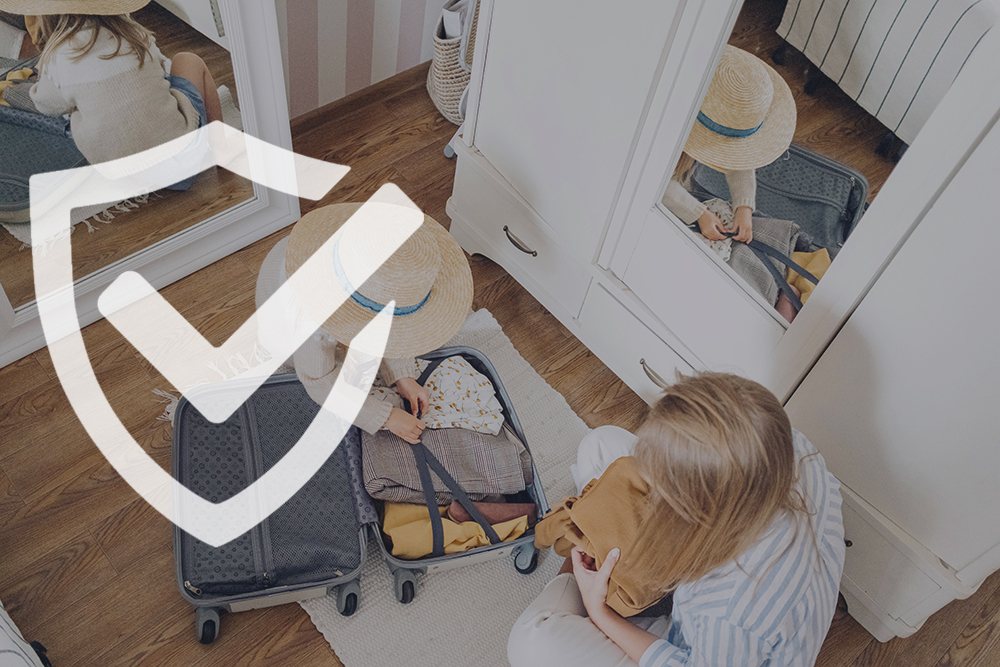
What happens if you don’t comply?
Failing to adhere to the fire regulations for holiday lets can result in severe consequences. Authorities may stop you from renting out your property until it is compliant, and you could face unlimited fines or even a prison sentence of up to two years. Find out more on the government website here.
How we can help
At Ardent Safety we offer complete packages to take the stress out of staying compliant with fire regulations for holiday lets. Look at our prices and packages below and please get in touch if you have any questions.
1-3 Bedroom property; Package to include the following:
• Fire Risk Assessment carried out in line with The Regulatory Reform (Fire Safety) Order 2005. BAFE Accredited, Tier 3 Fire Risk Assessor
• Annual gas safety check to include up to 3 items, (any additional items are charged at £30 per item).
• Legionella assessment of *mains fed properties covering 1 kitchen and 2 bathrooms to include 1 water sample (additional bathrooms are charged at £40 per bathroom, additional water samples charged at £70 per sample) *properties fed by cold water storage tanks will be subject to additional charges.
• Portable Appliance Testing of up to 15 items (additional items charged at £2 per item).
• Extinguisher Maintenance basic service of up to 2 extinguishers and 1 fire blanket (additional items charged at £5, pricing does not include repairs and replacement).
• Fire door inspection of up to 3 doors (additional doors charged at £10).
Annual cost £1300
4-6 Bedroom property; Package to include the following:
• Fire Risk Assessment carried out in line with The Regulatory Reform (Fire Safety) Order 2005. BAFE Accredited, Tier 3 Fire Risk Assessor
• Annual gas safety check to include up to 3 items, (any additional items are charged at £30 per item).
• Legionella assessment of *mains fed properties covering 1 kitchen and 2 bathrooms to include 1 water sample (additional bathrooms are charged at £40 per bathroom, additional water samples charged at £70 per sample) *properties fed by cold water storage tanks will be subject to additional charges.
• Portable Appliance Testing of up to 15 items (additional items charged at £2 per item).
• Extinguisher Maintenance basic service of up to 2 extinguishers and 1 fire blanket (additional items charged at £5, pricing does not include repairs and replacement).
• Fire door inspection of up to 3 doors (additional doors charged at £10).
Annual cost £1575
7-9 Bedroom property; Package to include the following:
• Fire Risk Assessment carried out in line with The Regulatory Reform (Fire Safety) Order 2005. BAFE Accredited, Tier 3 Fire Risk Assessor
• Annual gas safety check to include up to 3 items, (any additional items are charged at £30 per item).
• Legionella assessment of *mains fed properties covering 1 kitchen and 2 bathrooms to include 1 water sample (additional bathrooms are charged at £40 per bathroom, additional water samples charged at £70 per sample) *properties fed by cold water storage tanks will be subject to additional charges.
• Portable Appliance Testing of up to 15 items (additional items charged at £2 per item).
• Extinguisher Maintenance basic service of up to 2 extinguishers and 1 fire blanket (additional items charged at £5, pricing does not include repairs and replacement).
• Fire door inspection of up to 3 doors (additional doors charged at £10).
Annual cost £1775
There are options to add on fixed wire electrical inspection along with emergency lighting and fire panel inspection if required.



